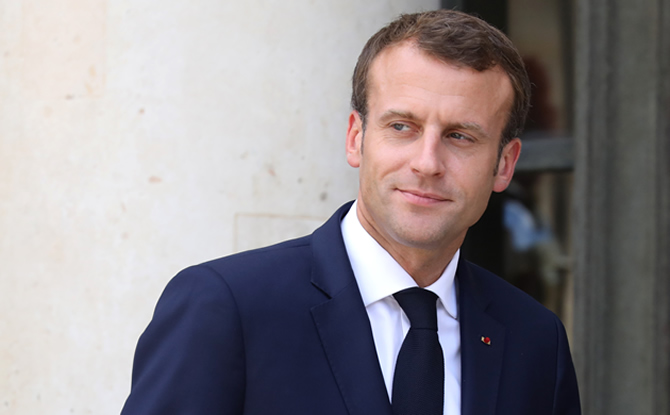The French parliament has recently approved stricter legislation reduce number of foreign nationals seeking educational opportunities in their country.
This revised bill garnered support from President Emmanuel Macron’s centrist Renaissance party and Marine Le Pen’s far-right National Rally (RN).
However, the vote caused division within Macron’s party, leading to the resignation of Health Minister Aurélien Rousseau in protest.
Significantly, leaders from a third of French regions declared their refusal to comply with specific measures outlined in the law.
Last week, a prior draft of the bill faced rejection by parliament due to opposition from the National Rally and the left. In response, the government made amendments, toughening several provisions within the legislation.
The updated immigration policy intensifies the challenges for migrants attempting to reunite with family members in France and delays their access to welfare benefits. Notably, it prohibits the detention of minors in detention centers, yet leaders from a third of French regions expressed dissent against certain aspects of the law.
One particularly controversial aspect is its differentiation between citizens and migrants, even those legally residing in the country, affecting their eligibility for benefits.
The revised, stricter version garnered support from right-wing parties, gaining their backing earlier this week.
Ms Le Pen welcomed the amended bill, calling it an “ideological victory” for the far-right.
“This is our bill,” said Eric Ciotti, the leader of the right-wing Republican party. He called it “firm and courageous”.
But left-wingers said Mr Macron was enabling the far-right. “History will remember those who betrayed their convictions,” Socialist party leader Olivier Faure said.
32 of France’s 101 departments, including Paris, said they would refuse to implement the provisions of the law on benefits for non-citizens.
The French vote came hours before an EU agreement to reform the asylum system across the bloc’s 27 member states.
The new pact, agreed by EU governments and European Parliament members, includes creating border detention centres and enabling the quicker deportation of rejected asylum seekers.
Hailed as a landmark agreement by Parliament President Roberta Metsola, the new system allows asylum seekers to be relocated from southern member states, which have the highest numbers of arrivals, to other countries.


